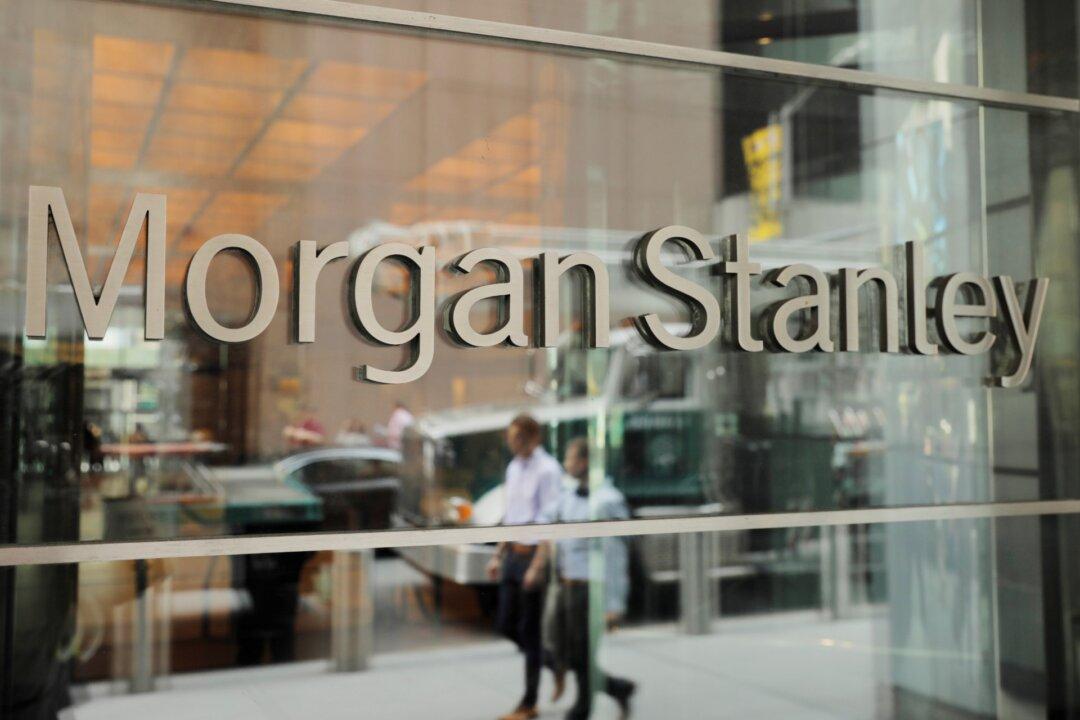The Federal Reserve needs to raise interest rates sooner, Morgan Stanley CEO said Monday, adding that a balance must be returned to the economy even if it means upsetting markets in the short run.
“It always surprises me how little the market prices in what is going to be the reality around rates. I mean, rates will rise with absolute certainty … With that will come more pressure on the economy, more pressure on growth, more pressure on credit, and therefore more pressure on equities. That’s a given. But that kind of readjustment back to a more normal environment [is] not necessarily a bad thing,” James Gorman told CNBC in an interview.





